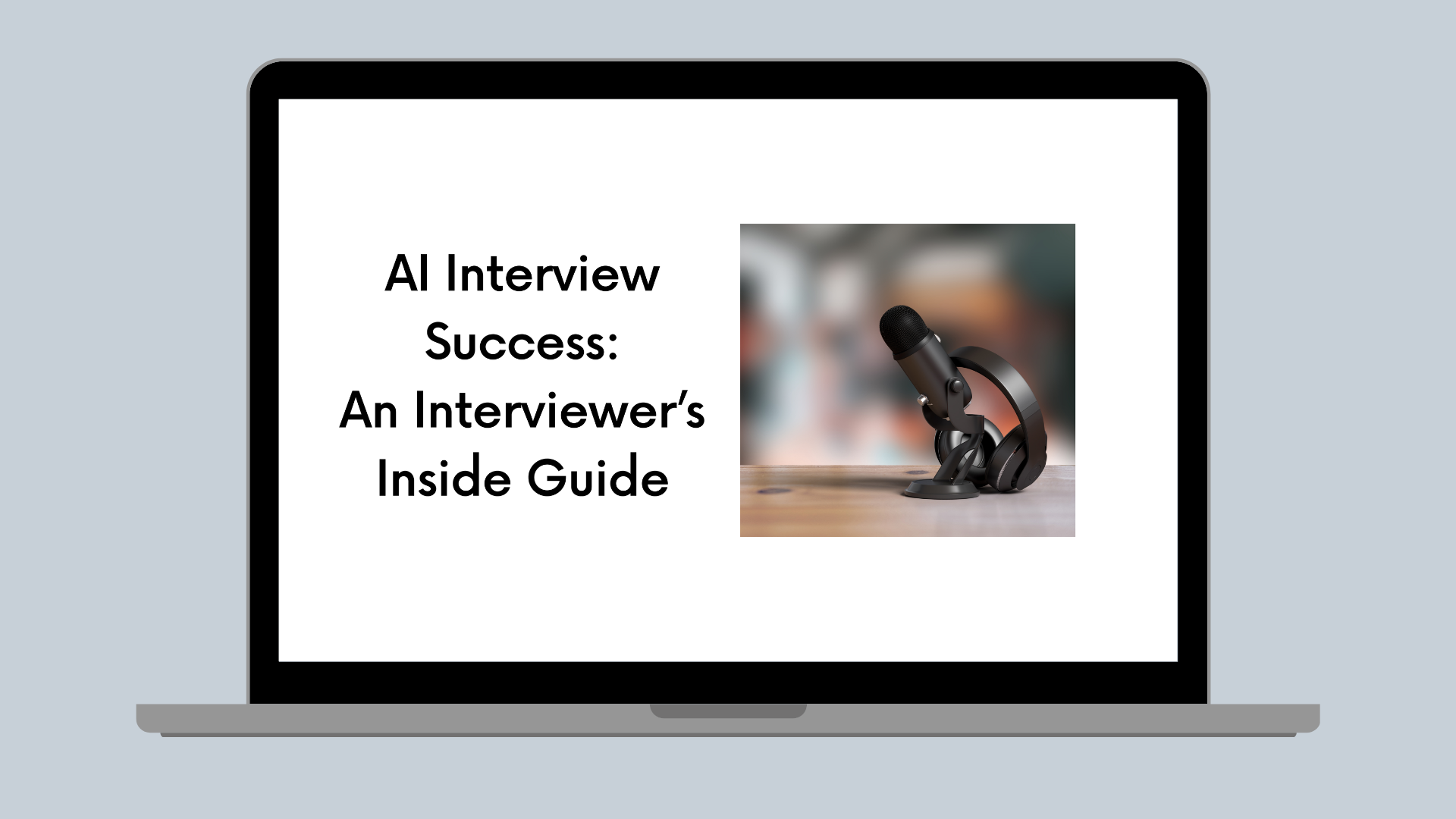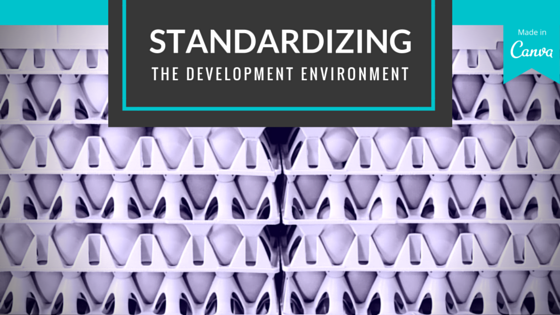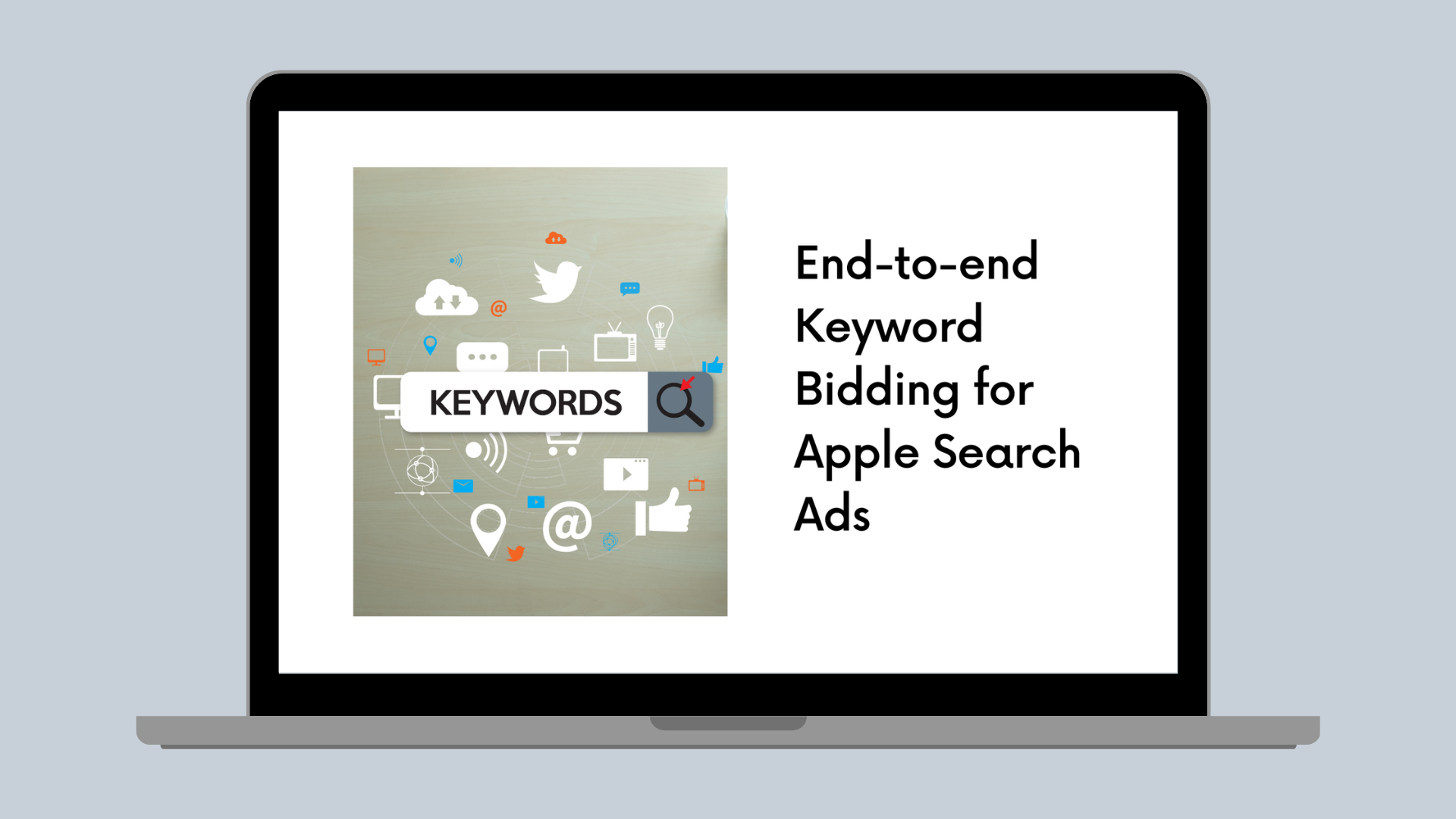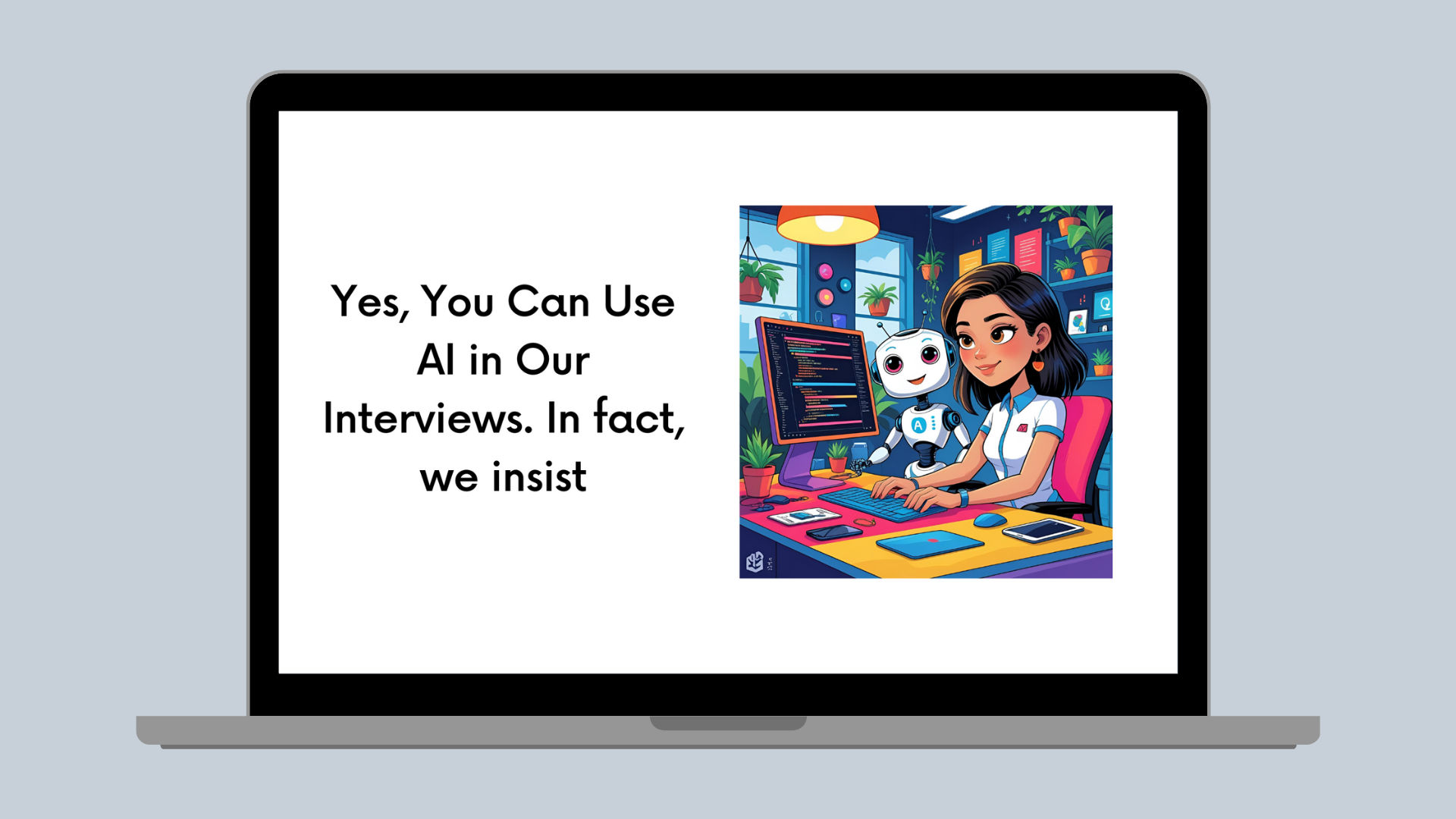Interviews
AI Interview Success: An Interviewer's Inside Guide
From the Other Side of the Screen: What We're Looking For in Your AI-Assisted Interview

I've had the pleasure of conducting many AI-assisted programming interviews since we launched this new format. I've been impressed by the creative approaches candidates bring and the high caliber of engineering talent embracing AI tools.
As someone who's seen what makes candidates succeed, I wanted to share some insights that might help you put your best foot forward.
The strategic mindset we love to see
The candidates who really stand out use AI tools strategically and purposefully. They use AI to accelerate their development workflow while maintaining full ownership of the technical decisions.
We want to see you use AI like the productive engineer you'll be on day one.
The most impressive interviews are like watching an experienced engineer tackle a real feature. They think through the problem systematically, leverage AI for the right tasks, and demonstrate strong technical judgment throughout.
What excellence looks like
Let me share the pattern I see in our strongest interviews:
Planning Phase: The candidate takes time to understand the requirements deeply. They ask thoughtful questions about scope, clarify assumptions, and sketch out their architectural approach before diving into implementation. They're not just solving the problem as presented – they're approaching it like a real-world project.
Development Phase: They use AI strategically – generating skeleton code, researching unfamiliar APIs, and accelerating routine implementation tasks. If the AI suggests something complex or unfamiliar, they pause to evaluate whether it fits their constraints and requirements. Throughout, they maintain production-quality standards, ensuring the code could be submitted as a pull request for peer review.
Discussion Phase: They can clearly explain every technical decision, discuss potential improvements, and identify areas that would need more work in a production environment. They offer alternative approaches and weigh trade-offs thoughtfully.
Common approaches that don't shine
"AI Showcase": Some candidates lose sight of the task they were given and focus heavily on demonstrating their AI tool mastery – showing off advanced prompting techniques or the latest AI features. While AI proficiency matters, we're more interested in seeing strong engineering fundamentals amplified by AI tools.
"Feature Marathon": Other candidates try to implement as many features as possible, sometimes accepting AI outputs quickly to maximize progress. We'd rather see thoughtful problem-solving and quality code than a rushed feature list.
"Hands-Off": Some candidates delegate too much to AI, treating it as a complete solution generator rather than a development accelerator. The most successful candidates stay actively engaged, critically reviewing and refining everything that gets generated.
What we're actually evaluating
When I'm assessing candidates, I'm looking for three core areas that work together:
Engineering Problem-Solving: How do you approach ambiguous, realistic problems? Can you break down complex requirements, make scope and prioritization decisions, and think proactively about edge cases and business context?
Technical Depth & Ownership: Do you understand and own the code in your solution? Can you identify potential issues, explain your architectural choices, and ensure the solution meets production standards?
AI Collaboration Effectiveness: Do you use AI tools to accelerate appropriate tasks while maintaining technical control? Can you critically evaluate AI outputs and iterate toward better solutions?
Setting yourself up for success
Preparation tips
- Have your preferred AI-integrated development environment ready
- Set up a basic project structure in your preferred programming language (don’t waste time doing this in the interview!)
- Practice working with AI assistants so you understand their capabilities and limitations
During the interview
- Begin by exploring the problem space and clarifying requirements
- Think aloud about trade-offs and potential improvements
- If your interviewer asks you a question, tell us what you think before getting help from AI
- Be prepared to explain and justify your technical choices
- Use AI for code generation, research, and routine implementation tasks
- Take time to review and understand everything that gets generated
Summary
We're assessing your engineering capabilities enhanced by AI collaboration, not your AI skills in isolation.
Demonstrate that you can solve complex problems, make sound technical decisions, and produce maintainable code.
Show us that you can work effectively with AI while maintaining the engineering judgment and technical accountability that great software requires.
At the end of the interview, be prepared to discuss your solution holistically. The strongest candidates can articulate what they built, why they made specific technical choices, what they'd improve with more time, and how their approach would scale in a real-world environment.
Interested in joining Canva's engineering team? Check out our current openings(opens in a new tab or window) and experience our AI-assisted interview process for yourself.


